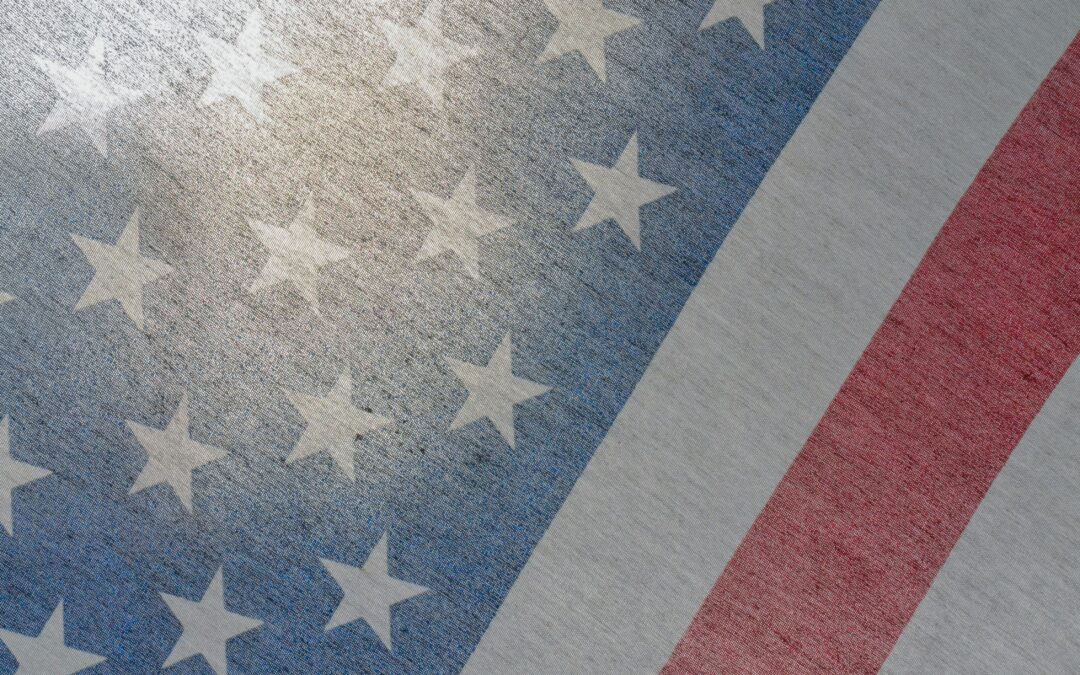It’s been more than 100 years since the armistice ending World War I took effect. The end of the war to end all wars ushered in the most efficiently deadly century in world history: genocides, autocides, murderous totalitarian regimes, another World War, and proxy wars for the “non-violent” Cold War. But it also brought the rise of (at least arguably) the most powerfully dominant nation ever: the U.S., you know, us. Before you wonder where this is going: yes, I’m a patriot; no, I’m not a nationalist; no, this devotional is not political.
On this official day of observing Armistice Day in America, now broadened to Veterans Day, in addition to thanking all veterans of the Armed Forces for their service generally, we ought to thank them for one of the best American ideals they represent with particular clarity.
The Declaration of Independence identifies human rights as a gift from the Creator, not citizenship—the very reason the colonies justified their revolt against England. That claim echoes the core sentiment of Old and New Testament ethics, that all humans ought to be treated as created with equal worth (Leviticus 19, Matthew 7:12), even if it is more directly rooted in the Enlightenment’s philosophy. That regard for the worth of every human being is the best American ideal. It is expressed at its purest when the powerful restrain from abusing the weak, reflected in what John the Baptist told soldiers when they asked him what they should do: “Do not extort money from anyone by threats or by false accusation, and be content with your wages.”
An amazing thing about the U.S. military is that the unequaled power of its technology and effectiveness is matched only by its restraint—a restraint motivated by respect for every life which might be affected by a military action, and again arguably unmatched in history. Then on this observed Veterans Day, in addition to being grateful for the innumerable privileges safe-kept for us by the military, believers and every American committed to human rights have a reason to commend each consummately trained, supremely equipped, ultimately powerful American Soldier, Sailor, Airman, Coast Guardsman, and Marine for every time the sound judgment used in the performance of their duties included a concern for the human being over which they knew they had power.
I find it encouraging that we do not thank our veterans for their power, but for their service—to us, certainly, in every duty performed; but to everyone, equally, in their restraint.
“Thank you for your service.”

